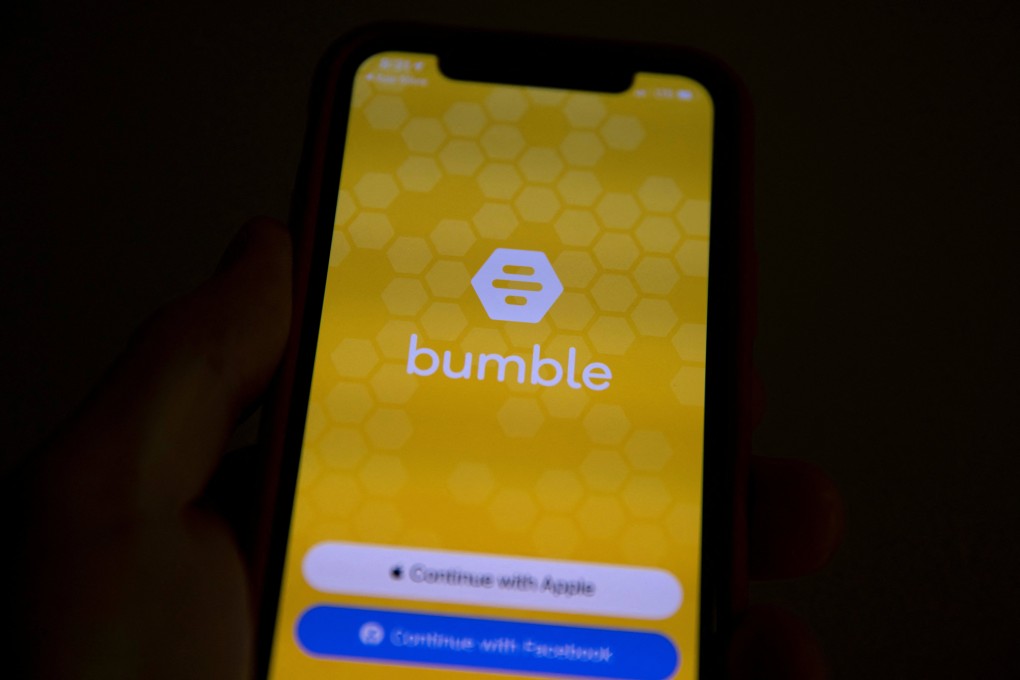Dating apps from Match, Bumble, Grindr turn to premium tiers to boost revenue and discounts for Gen Z
- Dating apps are using premium tiers to drive monetisation amid slowing growth and are integrating generative AI for curated experiences
- Match, the largest dating-app maker, says it has seen ‘significant demand’ for its new weekly subscriptions as it struggles with a decline in paying users

Dating apps are embracing AI and expanding their subscription plans, hoping new premium and discount tiers will court more paying users – particularly Gen Z – as growth slows.
Match Group Inc has seen “significant demand” for its new weekly subscriptions – the number of UK-based Gen Z women switching to a paid Tinder plan jumped 73 per cent since the April launch, and the boost to Hinge was similar. Match is also exploring a US$500-a-month version, due to launch in the fall. Bumble Inc, which already has a weekly offering, will start testing a premium tier later this year, alongside a cheaper option specifically aimed at Gen Z. Grindr Inc said its new weekly option is also driving monetisation, and it’s looking at cheaper options and a premium tier.
The premium offerings are targeted at people who want a more curated, matchmaking style experience. “They feel that the relative value of US$40 or US$50 a month for their special someone feels exceptionally low,” Bumble CEO Whitney Wolfe Herd said on a recent earnings call. The cheaper options are explicitly targeted at Gen Z. “If you think about Gen Z, not everyone has disposable income,” Herd said.
Match, the largest dating-app maker, is struggling with a decline in paying users – growth abruptly stalled at the end of 2021 and users have now fallen for three straight quarters. Bumble’s paying users continue to grow.
They’re also tinkering with the apps themselves – Grindr, now facing competition from Match’s new Archer app for gay, bisexual or queer men, plans to build out more adult features in its new web-browser version. Archer is currently only offered in New York City with plans to expand nationwide by the end of the year.
The focus on Gen Z isn’t without its downsides. Match said weekly subscriptions make it hard to forecast subscriber numbers: “It’s newer. It’s harder to manage,” chief financial officer Gary Swidler said on a recent earnings call.
